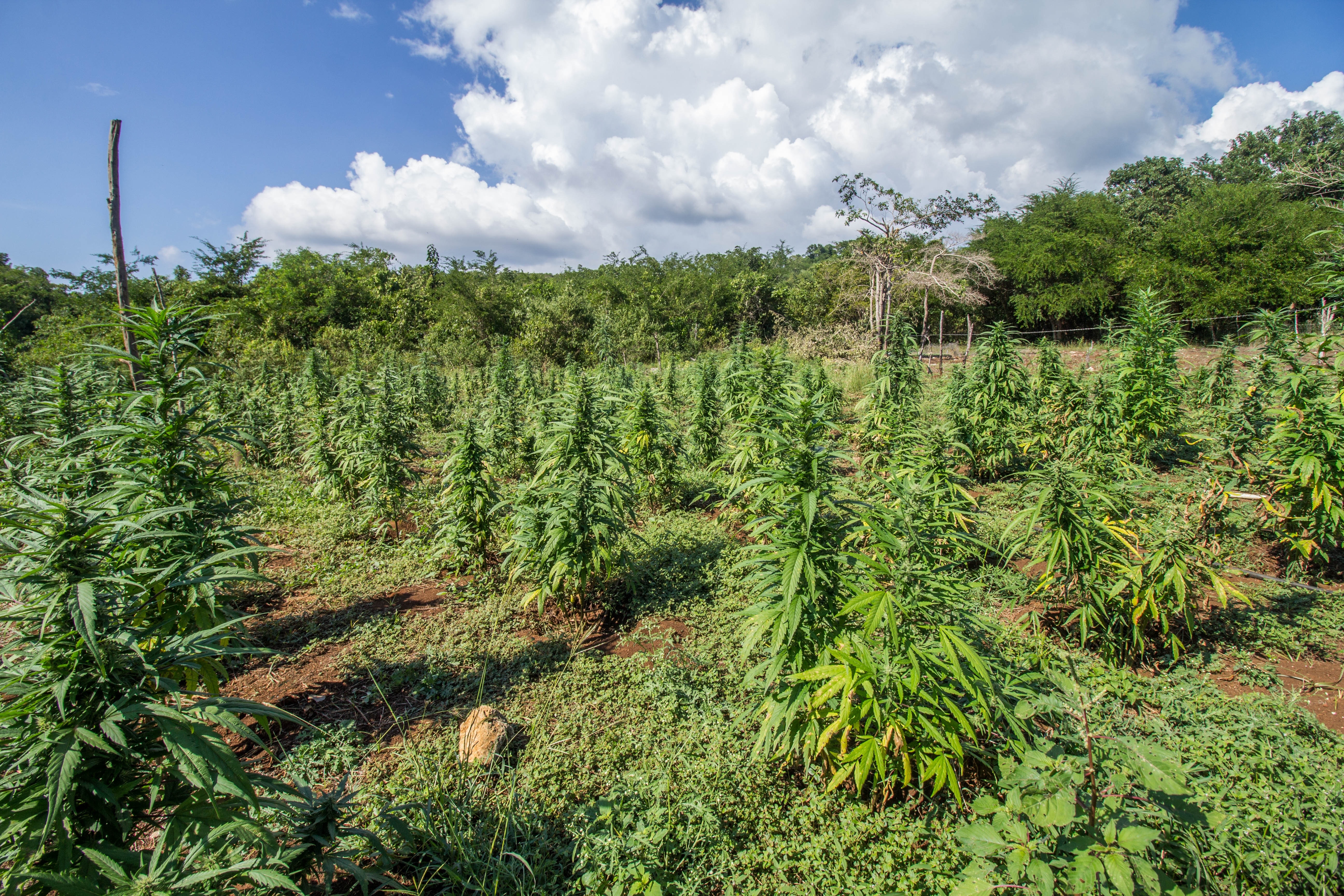
It’s a sunny spring Saturday morning. You head out to your local farmers market to grab a few items.
Each vendor table is decorated with farm fresh goods and samples.
But just when you think you’ve gotten everything you needed, you see a table packed with brightly colored tomatoes — some yellow, others orange, and most of them red.
So you reach down to take a sample.
Within seconds of the tomato entering your mouth, your eyes close, your smell heightens, and the smooth, savory flavor of the freshly picked tomato overtakes your taste buds. ‘This is the best tomato I’ve ever eaten,’ you think to yourself.
It’s nothing like those store-bought tomatoes that often sit for days in a giant tomato bin, or worse, get picked too early.
So you think to yourself, ‘I’ll just grow my own tomatoes. How hard can it be?’
Amazingly, many people are feeling the same way about hemp-derived products.
Whether they’ve found relief from their aches, pains, sleepless nights, and/or anxieties, the natural properties and nutrients found in the hemp plant yield tremendous therapeutic value.
There’s just one catch… These therapeutic benefits can only be achieved from high-quality, organically sourced hemp.
You see, like tomatoes and other whole foods, hemp is very absorbent of contaminated soils and harmful toxins like:
-
Pesticides
-
Herbicides
-
Insecticides
-
GMOs
-
Radioactive elements
-
And other harmful chemicals
In fact, according to the Molecular Diversity Preservation International (MPI) Agriculture Journal, “Hemp has a high potential to absorb and accumulate heavy metals like lead (Pb), nickel (Ni), cadmium (Cd), etc., through its roots and then store them, thus, making it possible to harvest the hemp plant alongside the hazardous compounds.”
This may explain why so many people are showing interest in growing their own hemp.
They can control how they grow their hemp and in what soil they grow their hemp. But here’s the issue…
Unlike tomatoes, growing hemp is actually a pretty big undertaking. Meaning, there are several detailed steps you need to take in order for you to grow high-quality hemp and have a successful crop.
But the details surrounding how to grow hemp aren’t exactly straightforward, so if you’re planning on jumping right into growing hemp on your own without researching or following any kind of instructions, you may be in for a surprise.
That’s why we’re here to help. Below are some of the most popular questions and concerns many people and potential hemp farmers ask about growing hemp. But first let’s explain what hemp is.
What is hemp
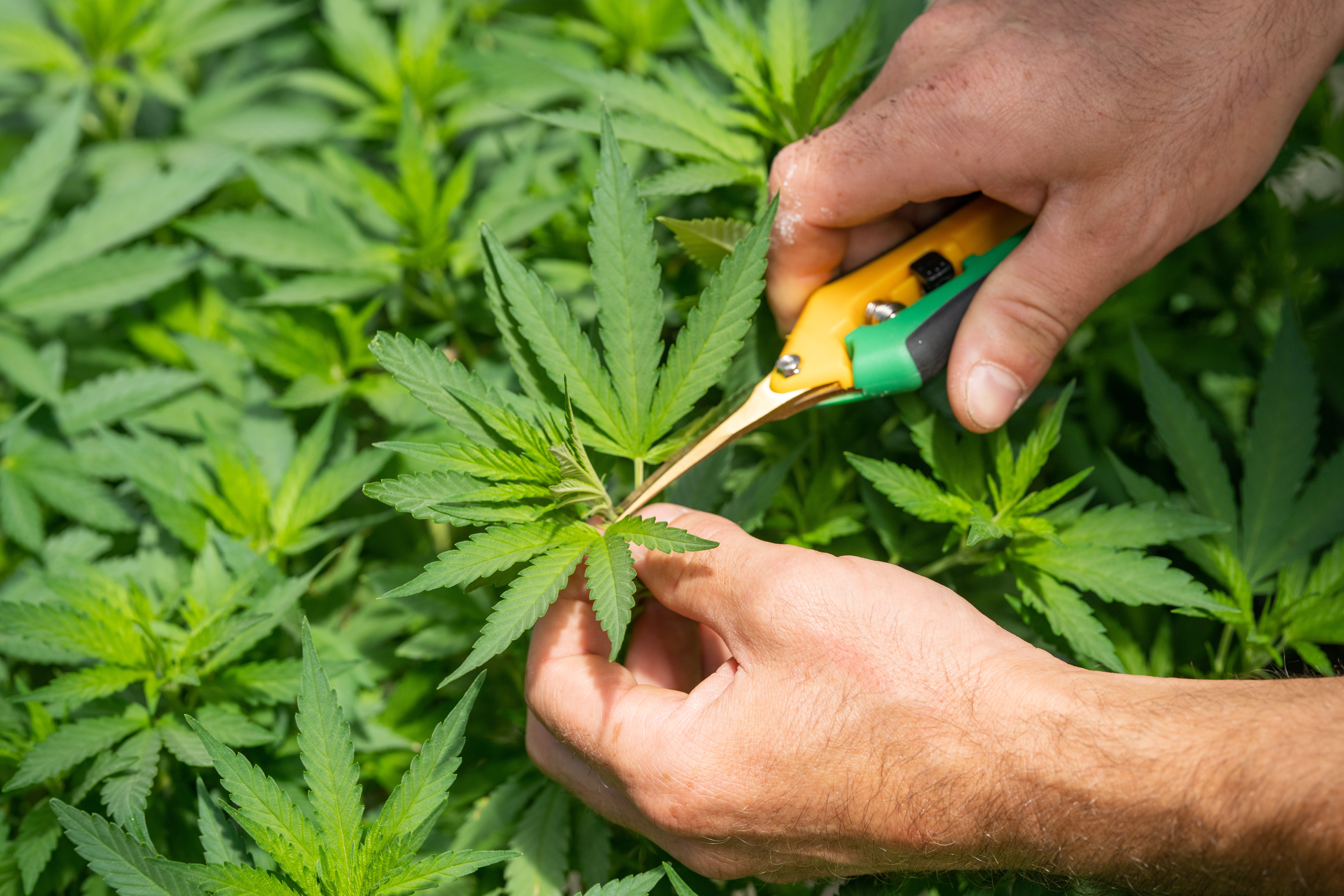
Believe it or not, hemp belongs to the Cannabis sativa L. plant species. And as luck would have it, marijuana belongs to the same plant species.
However, they’re two completely different plants.
Hemp contains only 0.3% of THC, whereas marijuana contains well above that percentage, between 5-30% THC. This is why hemp-derived products are federally legal and marijuana-derived products are not. However, this doesn’t change the fact that many people are confused when they look at hemp and marijuana.
That’s why we’ve broken down a few key points to determine how to identify the differences between hemp and marijauna:
-
Marijuana plants are bushy and produce thickly rich buds.
-
Hemp plants are taller and thinner. While they do produce buds, they’re nothing like marijuana buds.
The good news is when hemp and marijuana are side by side, it’s much easier to see their differences.
Other ways to use hemp
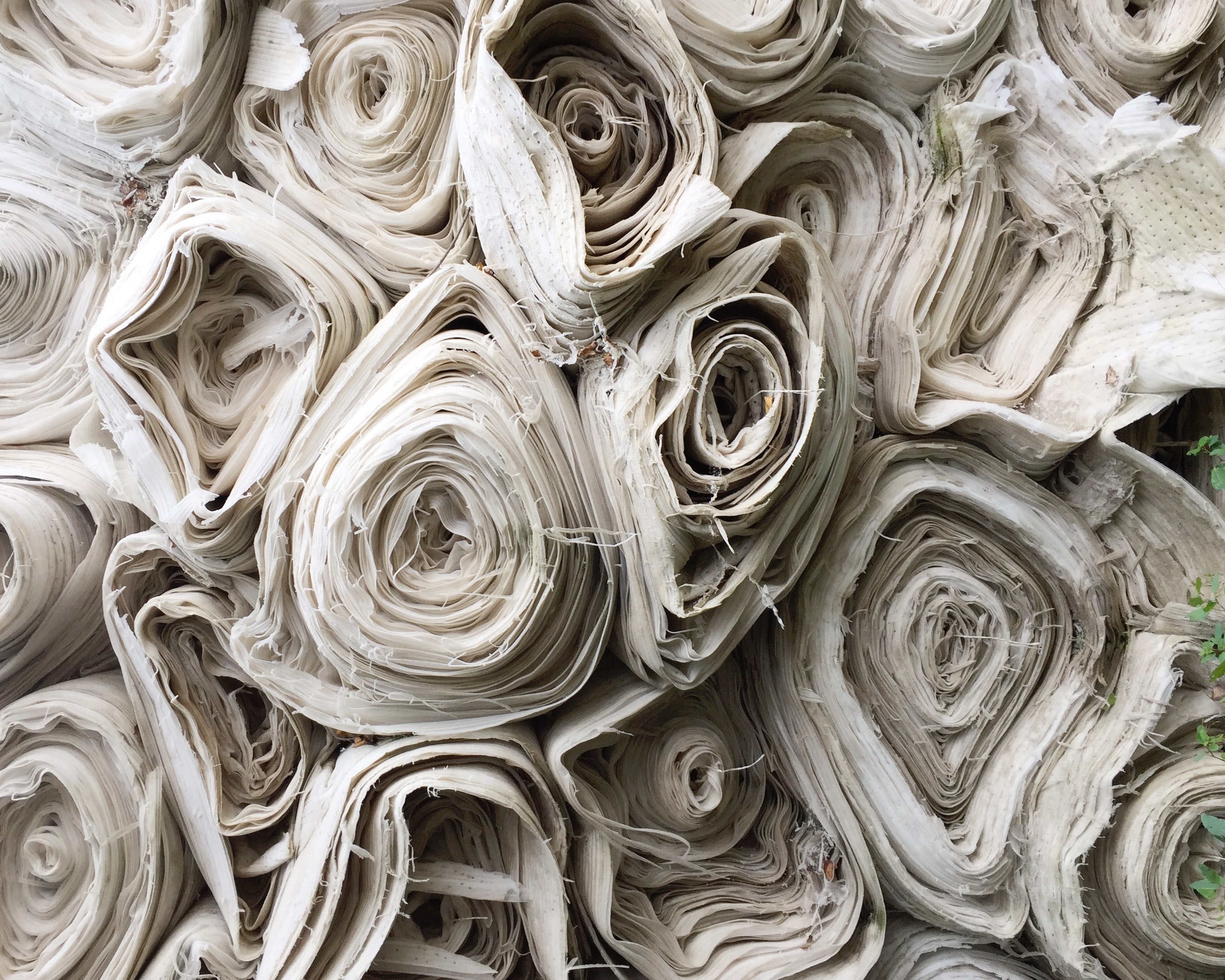
Now you might be wondering: Is hemp only used for medicinal purposes?
Amazingly, hemp is very versatile. For years, hemp was used for industrial purposes like:
-
Fabrics
-
Textiles
-
Paper
-
Fuel
-
Construction materials
-
Nutritional supplements
-
Personal care products
-
Foods
-
Beverages
-
And other manufactured goods
However, it wasn’t until the early 2000’s that hemp became more popular for its medicinal properties. Thus the start of the CBD movement!
Is growing hemp for CBD profitable?
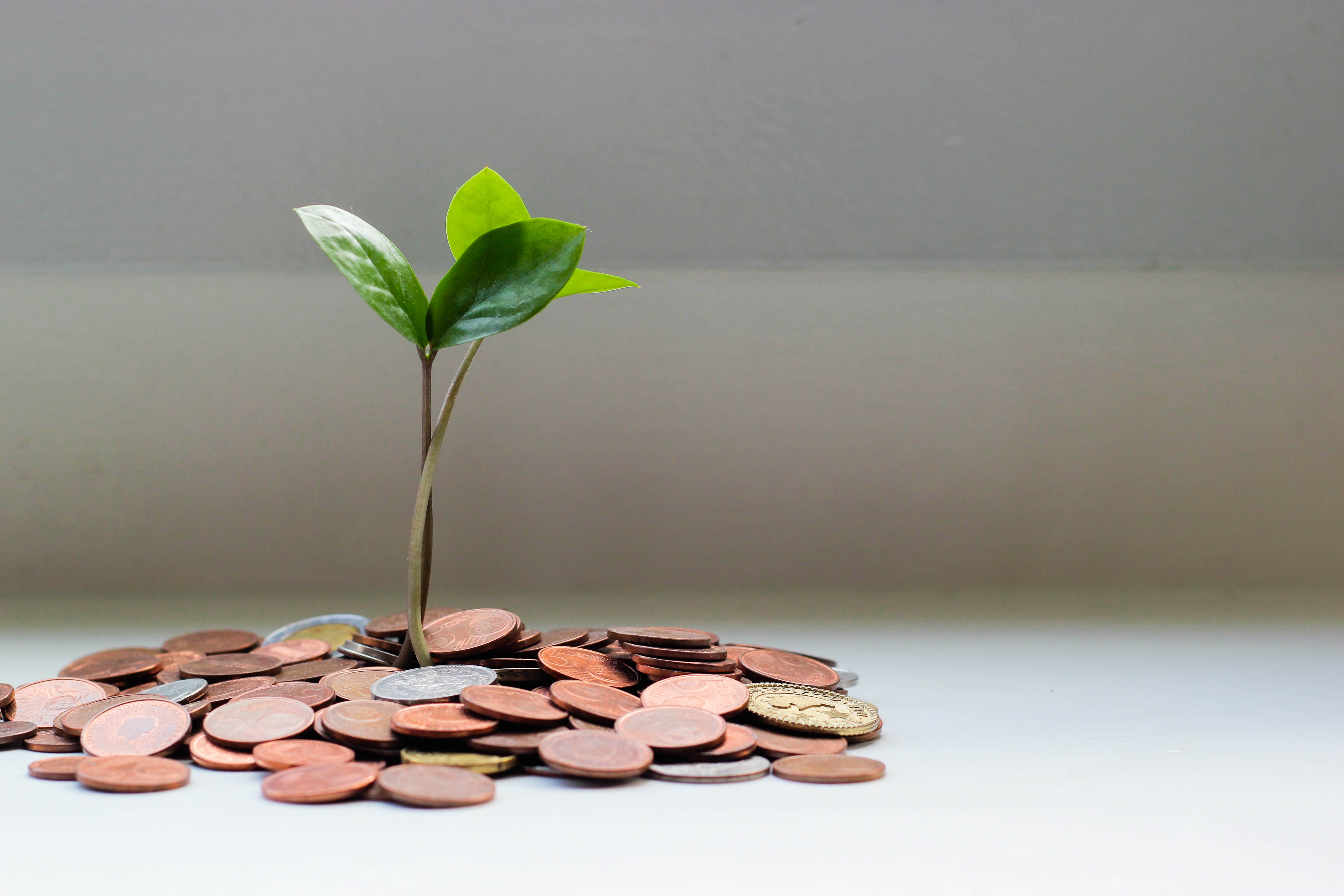
It certainly can be…
Growing hemp for CBD is actually quite lucrative for savvy growers. In fact, according to Alex Seleznov, a board member of the National Hemp Association, in 2018 hemp crops cultivated for CBD brought in $25 - $35 per pound.
He went on to explain that each hemp plant produces at least one pound of CBD and with 2,500 plants per acre, growers could expect to bring in $60,000 per acre per growing season.
However, you don’t have to grow 2,500 plants of hemp in order to see a decent amount of money. Some people found that just 500 plants of hemp could bring in close to $20,000.
But growing hemp isn’t as simple as burying a few seeds into the ground and waiting for them to grow.
Grow hemp for CBD
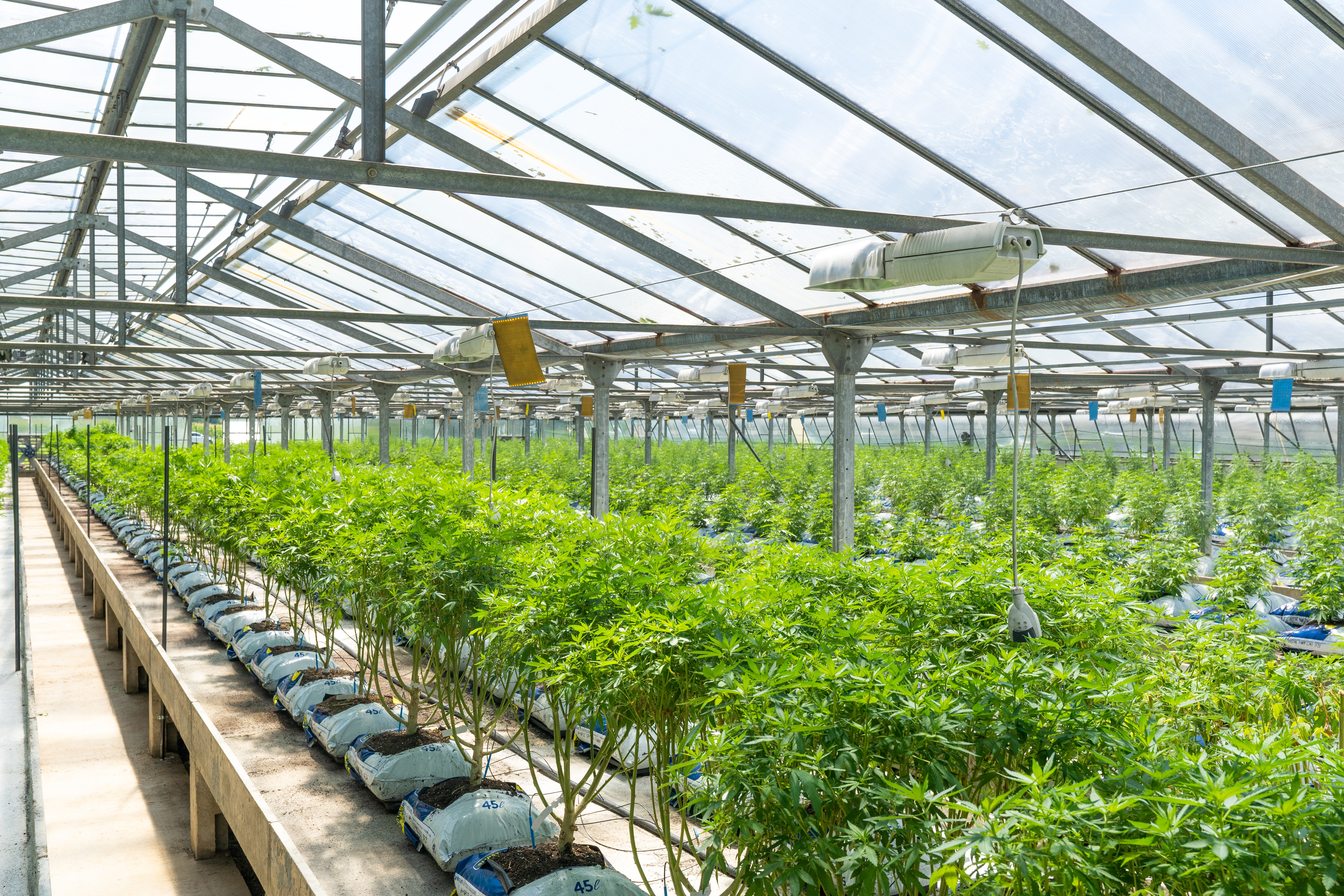
Believe it or not, growing hemp isn’t as complicated as some farmers make it out to be. While there are several steps that need to be taken, growing hemp is fairly easy and can be grown almost anywhere.
But if you’re growing hemp for CBD, then things become a little more complicated... but only a little.
You see, growing hemp was outlawed until the 2014 Farm Bill passed. This bill, which was approved by the U.S. The Department of Agriculture (USDA), opened the door for pilot programs to cultivate hemp strictly for educational and study purposes, thus bringing legal hemp farms back to America.
Then in 2018, changes were yet again made to the Farm Bill and now hemp can be legally cultivated in all 50 states. But this doesn’t mean anyone can just grow hemp in their backyard, like they would tomatoes.
There are certain regulations that surround growing hemp.
Regulations and hemp cultivation

According to section 10113 of the Farm Bill, each state can devise their own regulations with regards to growing hemp, and if they’re approved by the USDA, they become law. But if the state opts out of creating their own regulations, then growing in that state will fall under federal regulations (via the USDA). Bottom line: Check with your state to see what their regulations are.
But what if you’re not looking to grow acres of hemp, but simply want to grow a couple of plants for your own personal use?
Unfortunately, you’ll still need to adhere to your state laws and possibly get a license. However, living in a legal marijuana state where cannabis cultivation is allowed may be the exception to the section 10113 of the Farm Bill.
For example, adults over 21 who live in Colorado are allowed to grow cannabis plants in their home for personal use. So technically, these same people could grow hemp for the same reasons due to their individual state laws regarding cannabis. After all, hemp is a part of the cannabis genus.
But growing a few hemp plants won’t necessarily produce enough fiber to be useful. It could, however, produce enough high quality CBD for personal use.
So what are the steps one should take to successfully grow hemp?
How to grow hemp
In order to grow hemp successfully, you need to look at a few key factors:
What are the best hemp seeds?
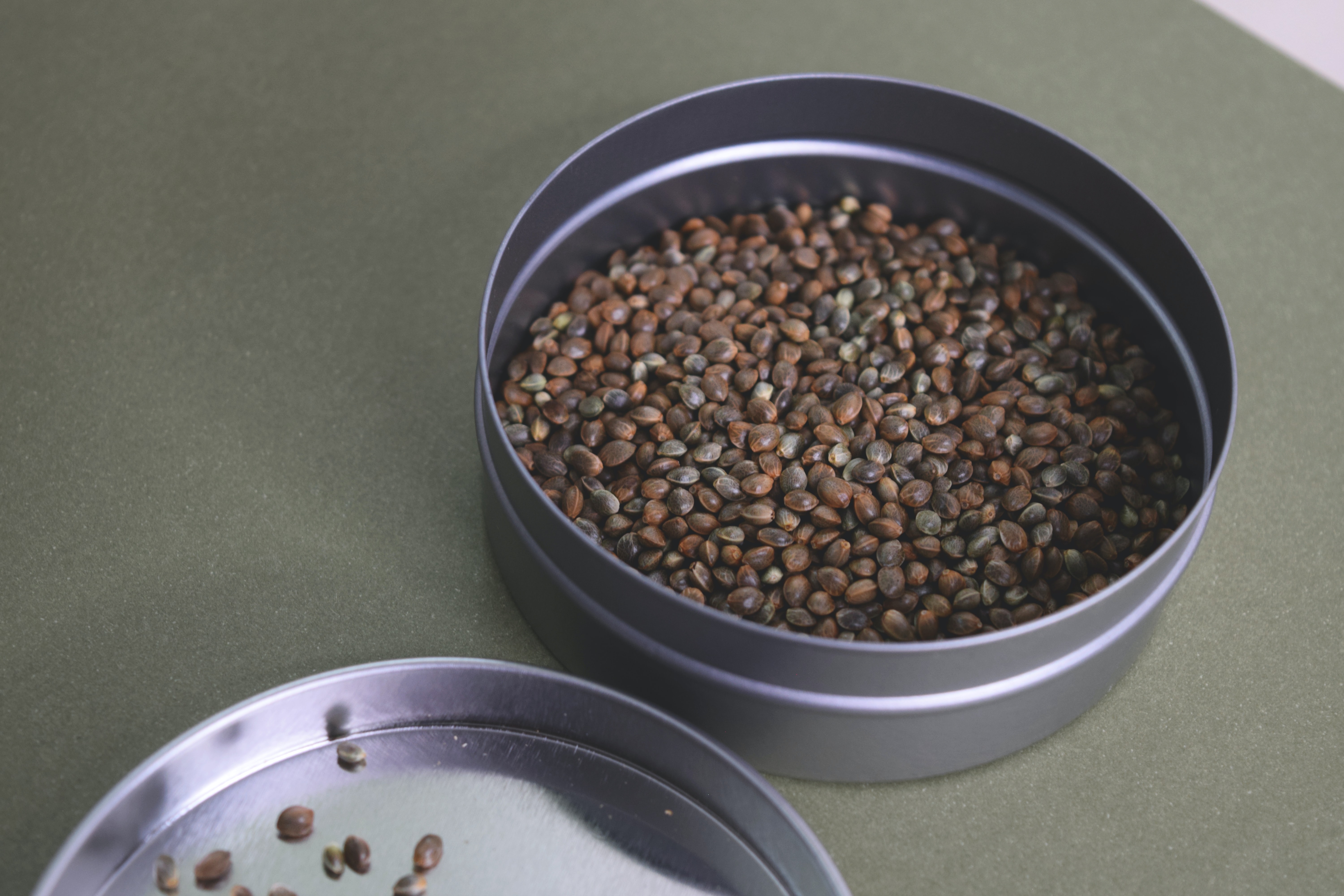
Unfortunately, hemp seeds are hard to come by here in the U.S. That’s why many people purchase hemp seeds from Europe and Canada.
However, according to Michael Bowman, founding chair of the National Hemp Association, “The challenge is the .3% THC limit. There is a lot of seed available outside of the U.S., but we don’t know how acclimated it is to latitudes and longitudes here and how that correlates to THC limits at harvest. If farmers bring in seed and the crop busts the .3 limit at harvest, it becomes marijuana under the law and must be destroyed. That will keep a brake on some robust expansion until we get a good feel for how those genetics are going to express themselves in different environments. It will take another year.”
And since hemp seeds are so hard to find, hemp seed clones are something to consider, but they too are hard to come by.
Additionally, if you’re planning on growing hemp strictly for CBD, then you’ll want to focus on feminized hemp seeds. This is because CBD oil is primarily derived from the flowers of the female hemp plant.
And while no company can guarantee selling you 100% feminized seeds, reputable companies can get pretty darn close. Not to mention, they’ll be able to teach you how to identify the differences between a male and female hemp plant.
Bottom line: Do your research before you purchase your hemp seeds or hemp clones.
Hemp soil requirements
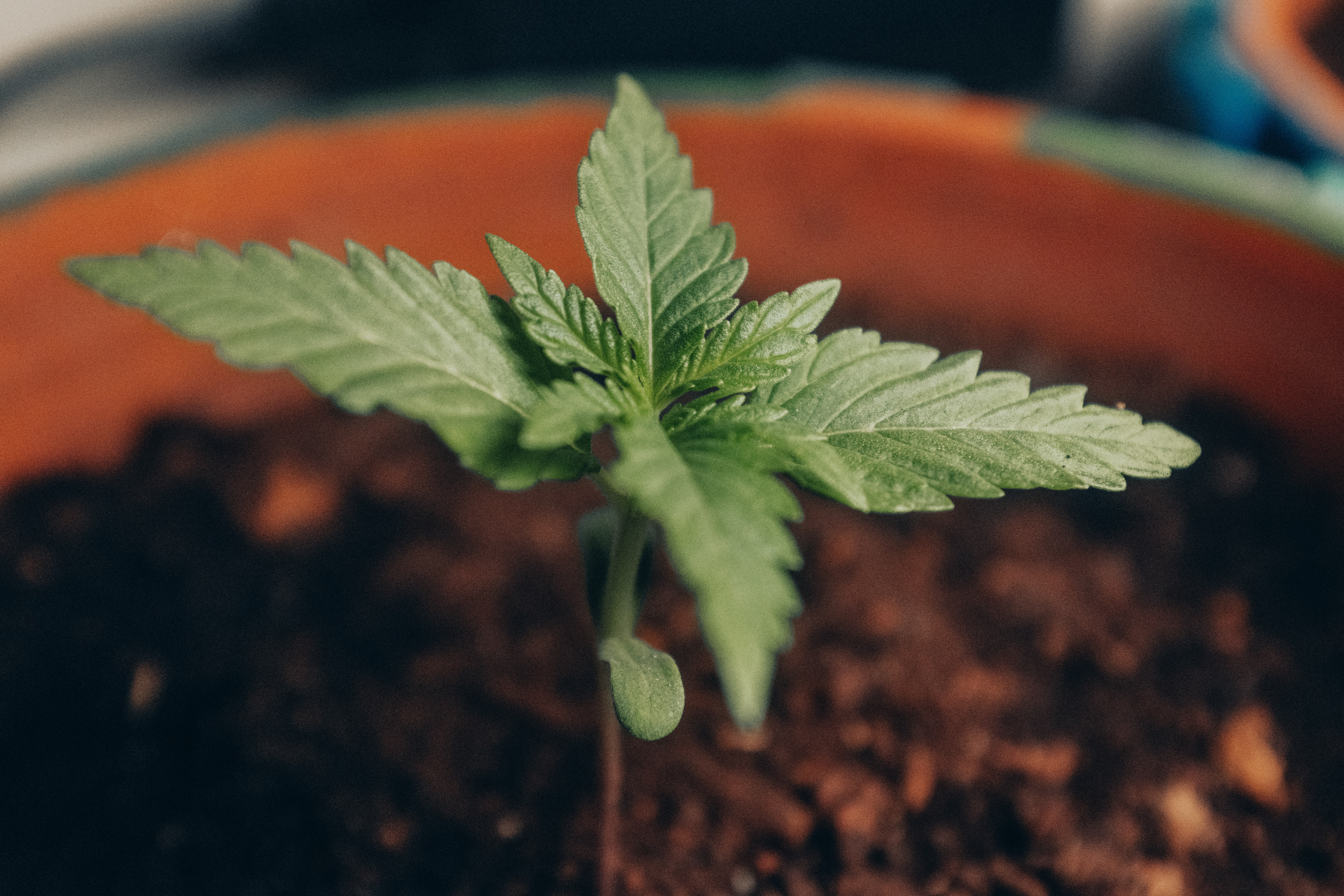
In order to grow high quality hemp, it's imperative that you focus on the quality and nutrient content of your soil before you plant your hemp seeds.
This is where soil test kits come in handy, and here’s why…
Hemp soaks up everything found in the soil where it’s grown. So it’s very important that your soil is free from toxic contaminants and radioactive waste.
That said, the type of soil is important as well. For example, loose aerated loam is perfect for most garden plants but is also ideal for growing hemp. This type of soil holds plenty of moisture and gives sufficient air to the roots of the hemp plant.
Just be sure that the pH of your soil is between 6-7.5 and contains the right minerals and other nutrients your hemp plants will need to thrive and survive.
Finally, be sure to only plant your hemp seeds after the last frost, meaning your hemp seeds aren’t in danger of extreme cold weather.
Best conditions for growing hemp
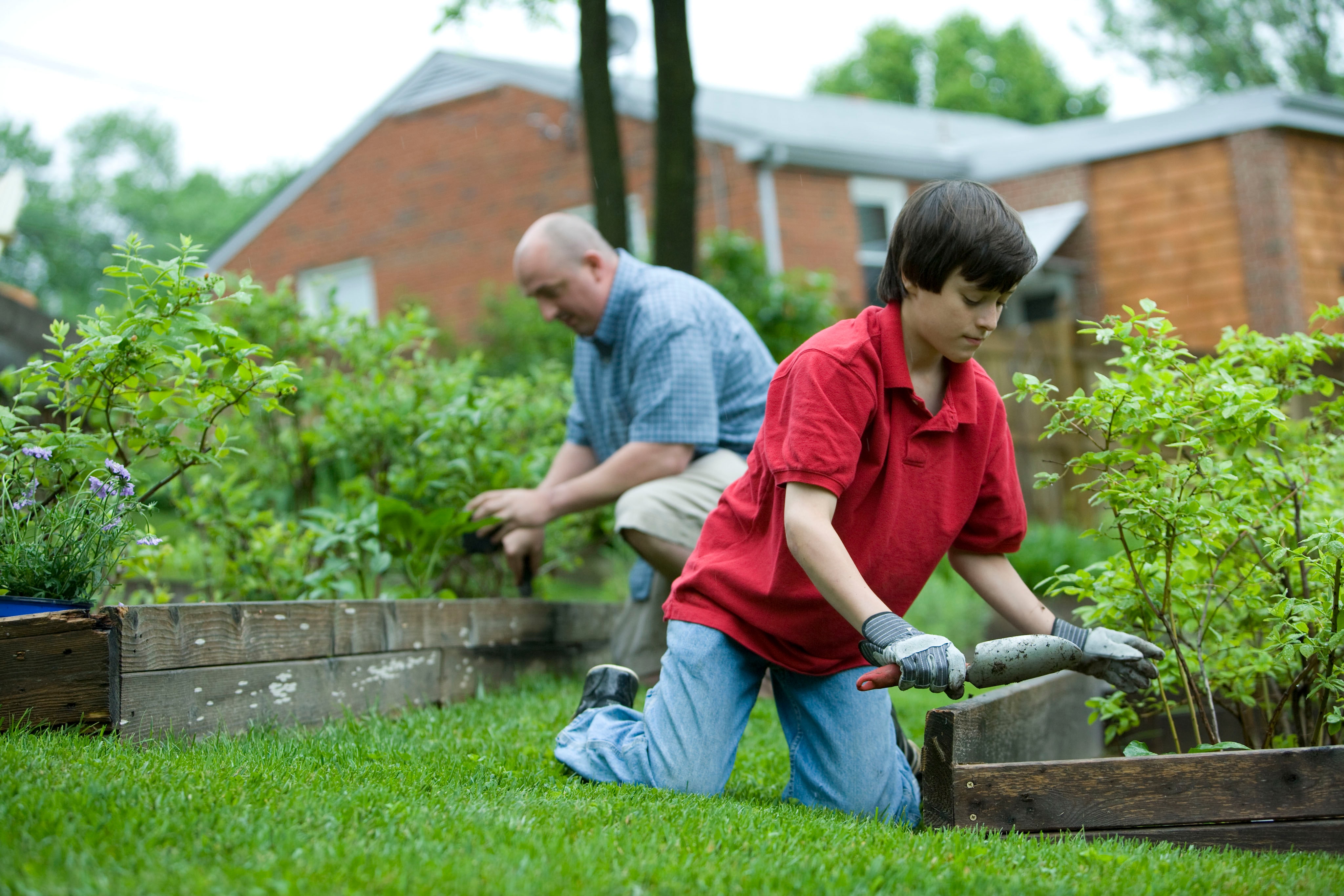
Spring is perhaps the best time to plant your hemp seeds in North America.
In order to successfully grow high quality hemp plants, you’ll need plenty of sunlight –– 12 or more hours of sunshine will suffice.
Another huge growing condition to consider is the amount of rainfall or water your hemp plants receive.
According to the USDA Farmer’s Bulletin, “Drought conditions, if accompanied by high temperatures, appear to hasten maturity before the plants are fully grown….
Hemp requires a plentiful supply of moisture throughout its growing season, especially during the first 6 weeks. After it has become well rooted and the stalks are 20 to 30 inches high it will endure drier conditions, but a severe drought hastens its maturity and tends to dwarf its growth. It will endure heavy rains, or even a flood of short duration, on light, well-drained soils, but on heavy, impervious soils excessive rain, especially when the plants are young, will ruin the crop….
The hemp plants in puddled areas of a saturated field will be ruined within two days; it is imperative that the field be well-drained. On the other hand, if the slope of a field is too steep, precipitation will run off the field before it can be retained.”
Make sure you steer clear from harmful pesticides, insecticides, and herbicides, all of which can cause horrible side effects and diseases.
When to harvest your hemp
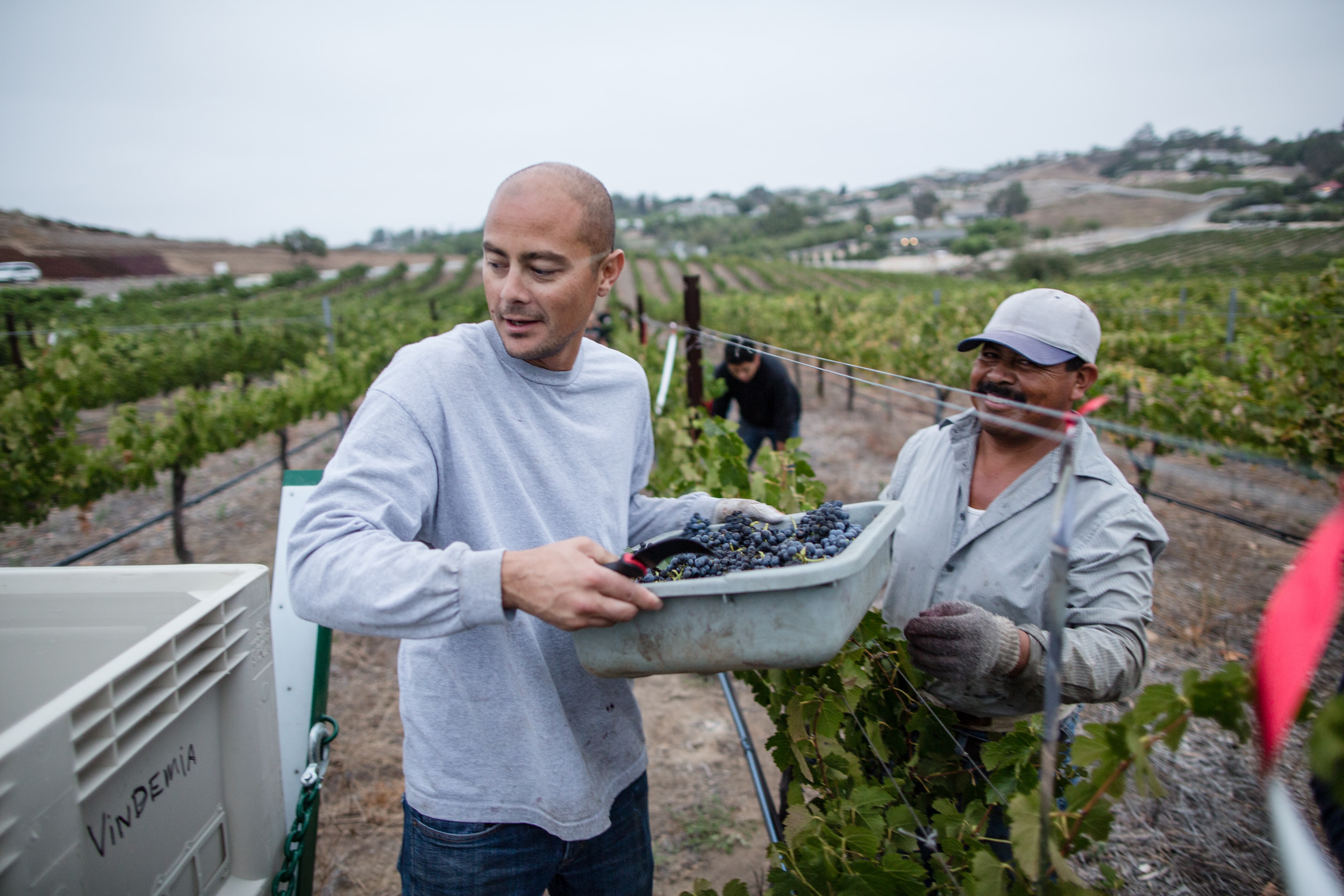
Determining when to harvest your hemp is based on what purpose you're growing hemp for. If you're growing hemp for CBD, it’s best to harvest it in early October perfore it gets cold.
Or you can wait until your hemp plant is roughly 16 weeks old and its flowers are ripe and packed with seeds.
If you're growing hemp for fiber, then you can harvest your hemp during early bloom.
Growing hemp: Final thoughts
With the stigma of cannabis fading, people are becoming more interested in growing hemp. And while we know that growing large amounts of hemp is a huge undertaking, it’s not impossible. Especially if you’re only looking to grow hemp for personal use.
Lastly, we want to reiterate that the info found in this article is just that: information. We recommend you do further research and contact reputable companies that will help guide you in the right direction when it comes to growing hemp.


